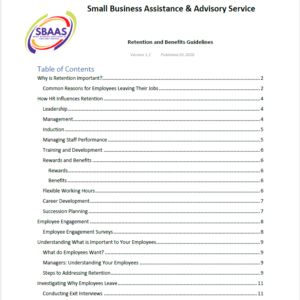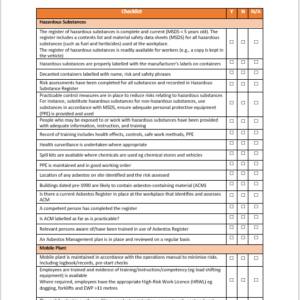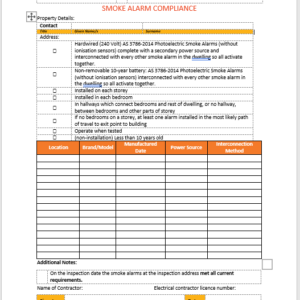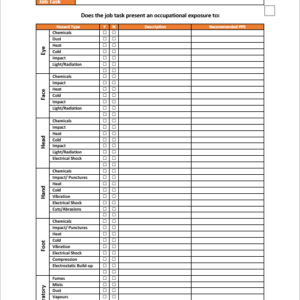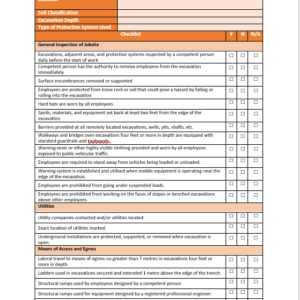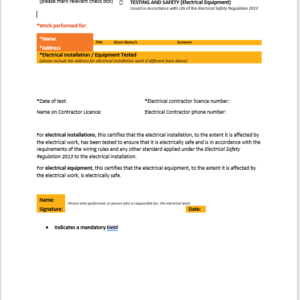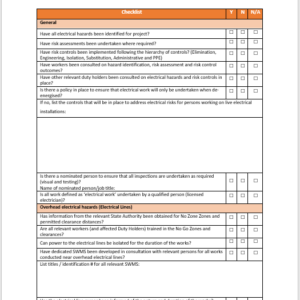The ESG Reporting Conundrum for Small Businesses: A Multifaceted Perspective
The implications for small businesses are profound as Australia embarks toward enhanced Environmental, Social, and Governance (ESG) reporting standards. With the government proposing mandatory climate-related disclosure laws for large businesses and financial institutions, it’s essential to consider the cascading effects on the smaller entities that form the backbone of the Australian economy.
The Burden of Compliance
Small businesses are often stretched thin, needing more resources, expertise, and financial capacity to navigate complex ESG landscapes. The expectation for these businesses to align with the stringent reporting standards of larger corporations exacerbates their challenges, particularly in sectors like primary industries, where compliance with carbon standards is already a prerequisite for doing business with major retailers.
A Multi-Tier Reporting System: A Potential Solution?
The concept of a multi-tier ESG reporting system offers a nuanced approach, potentially easing the compliance burden for small businesses by tailoring requirements to their operational capacities. This system could provide a structured framework, ensuring small businesses are not unfairly disadvantaged by the demanding standards set for larger entities.
Pros of a Multi-Tier System
- Tailored Compliance: Small businesses could benefit from reporting standards that align with their capacity, reducing the administrative and financial strain.
- Encouraging Sustainability: A tiered approach might incentivise small businesses to adopt sustainable practices without the fear of overwhelming compliance obligations.
Cons of a Multi-Tier System
- Complexity and Enforcement: Differentiating standards across business sizes could complicate monitoring and enforcement, leading to potential inconsistencies in ESG data quality.
- Risk of a Two-Tier Economy: There’s a danger that such a system could create a perception of lesser responsibility or sustainability commitment among small businesses compared to their larger counterparts.
Government’s Role in Easing the Transition
At all levels, the government has a pivotal role in ensuring that ESG policy and legislative changes are considerate of the small business sector. By providing clear guidance, resources, and possibly incentives, authorities can facilitate a smoother transition to sustainable practices for these smaller enterprises.



